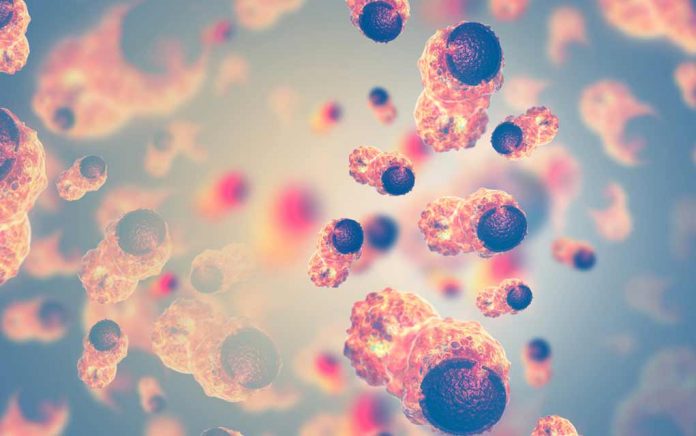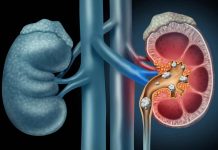
(AscendHealthy.com) – Good health is a valuable asset, so when signs start appearing that something could be wrong, it’s important to make sure nothing serious is to blame. A new or unusual symptom could be nothing, but what if it isn’t? Watch out for these 12 warning signs that could be hidden indicators of cancer.
Do You Know These 12 Warning Signs of Cancer?
Make yourself familiar with these symptoms, and be sure to contact your healthcare provider if you have any concerns:
- Fatigue is a common cancer symptom, leaving sufferers feeling physically and emotionally exhausted, regardless of the amount of rest they get. This may affect a person’s personal life and job performance.
- Fevers usually indicate an infection, but cancer can also cause body temperature to rise. Cancers most likely to cause a fever include those that affect the lymph nodes, kidneys, liver, heart and ovaries. Leukemia and brain gliomas can also cause fevers.
- Persistent coughing can be a sign of lung cancer. Other signs can include pain upon coughing, laughing or taking a deep breath, coughing up blood, hoarseness and shortness of breath.
- Enlarged lymph nodes can be a sign of lymphoma. The swelling is generally painless, and it may coincide with pain or swelling in the abdomen.
- Soaking night sweats can also occur with lymphoma.
- Frequent infections sometimes indicate leukemia. People with leukemia can also experience anemia, and they may find they bruise more easily than normal.
- Unexplained weight loss can occur as the result of numerous conditions, but it’s also the first cancer symptom some people notice. Pancreatic, lung, stomach and esophageal cancers often first present as unintentional weight loss.
- Unusual pain can result from tumors pressing against organs, nerves and bones. Spinal cord compression can cause excruciating pain and may lead to loss of function.
- Unusual bleeding is often the first sign of uterine and endometrial cancers in women. Other signs can include painful intercourse, a mass in the pelvic area, difficult or painful urination or a feeling of fullness in the stomach.
- Changes in urinary frequency can indicate bladder cancer, which may also cause painful urination, urgency even when the bladder isn’t full, a weak urine stream and swollen feet.
- Digestive and/or bowel issues are common in cancers that affect the gastrointestinal tract. They can include appetite loss, nausea and vomiting, stomach pain, trouble swallowing and a sense of fullness in the stomach. Cancers of the GI tract may also cause the vomiting and passing of blood.
- Changes in the mouth, such as sores that won’t heal, thickening tissue, lumps, hoarseness or sore throat might mean mouth or throat cancer. People who smoke, drink heavily or have HPV are most likely to develop oral cancer.
Keep in mind that everybody is different and some people may experience other symptoms not included in this list. Also, many of these symptoms can indicate other issues, so don’t assume you have cancer just because you have one or two of the symptoms above.
If you have any concerns about new or ongoing symptoms, contact your healthcare provider. Cancer may present in many ways, but it does often trigger common warning signs. Stay vigilant about your health, listening to your body when it speaks to you. The message might be an important one.
~Here’s to Your Healthy Ascension
Copyright 2023, AscendHealthy.com




















